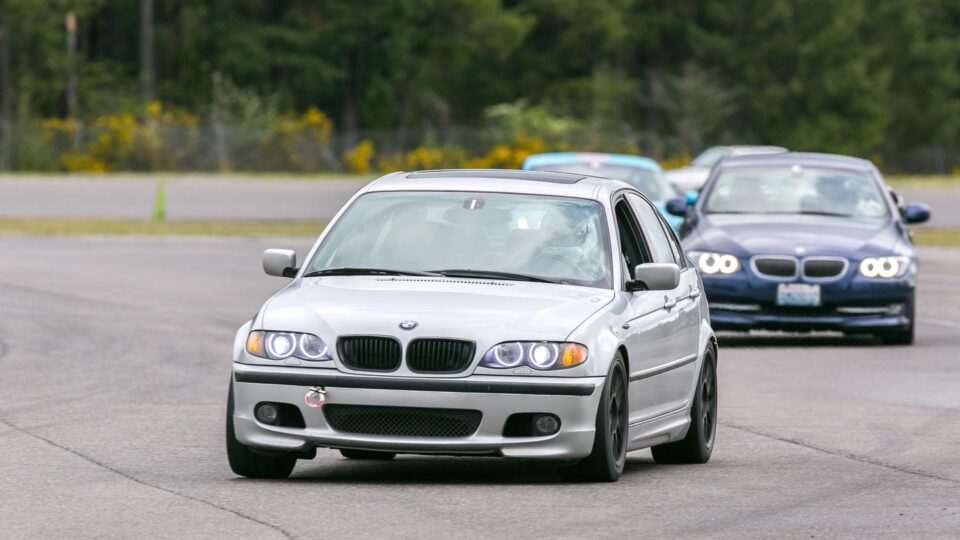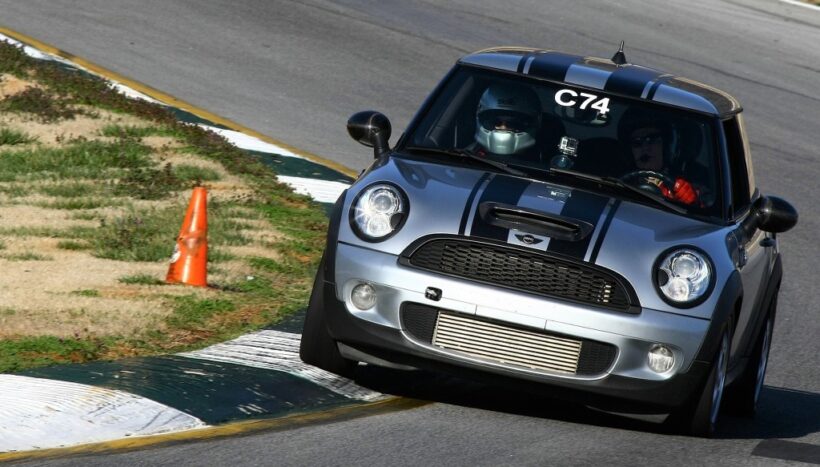Motorsports programs have become an increasingly popular component of educational curricula. Students benefit from integrating motorsports programs into educational curricula by experiencing both theoretical knowledge and hands-on experience through these programs, which bridge the gap between classroom instruction and racetrack racing – providing invaluable skills that go far beyond traditional academic boundaries.
As demand for STEM (Science, Technology, Engineering, and Mathematics) education grows exponentially, motorsports programs serve as powerful engagement tools that equip children to face today’s modern challenges head-on.
Education and Motorsports come together at an intersection
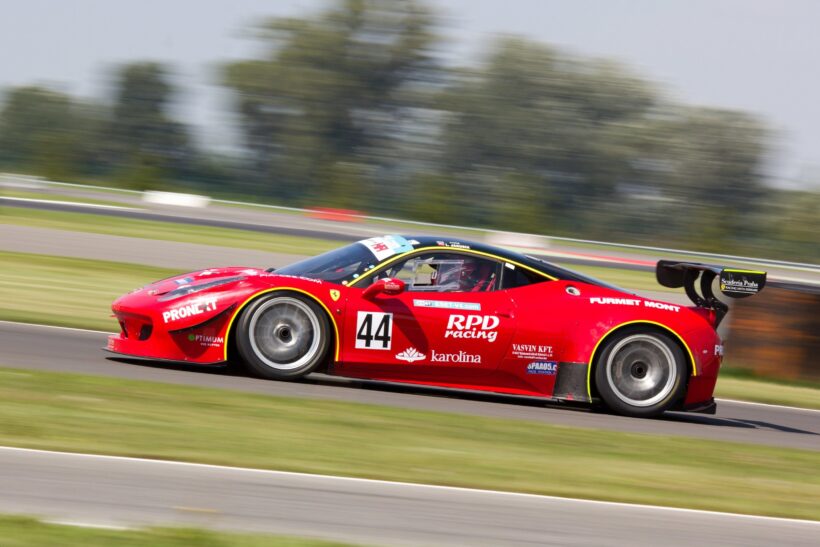
Motorsports activities such as Formula SAE (Society of Automotive Engineers) and Baja SAE have evolved beyond simple competitive events to become powerful educational platforms that hone a variety of skills. Students engage with real-life engineering challenges that force them to apply classroom theories on tangible projects.
Students enrolled in motorsports programs undergo an immersive educational process encompassing various STEM disciplines. By applying theoretical knowledge through practical application, these students gain a better grasp of core concepts as they use hands-on problem-solving approaches.
Improving Critical Skills: Increasing Capabilities for Effective Problem Solve
Motorsports programs can help develop skills highly sought-after by today’s job market, such as teamwork, communication, and project management. Through the collaborative nature of these programs, students learn to work together towards solving challenges together while simulating real-world situations where multidisciplinary collaboration is essential.
Motorsports programs, as evidenced by numerous homeworkdoer.org reviews, teach students to think on their feet, make quick decisions, and adapt quickly in response to unexpected circumstances. These skills translate well to various professional settings, making motorsports programs invaluable in preparing students for today’s ever-evolving workforce landscape.
Practical Application of Classroom Concepts
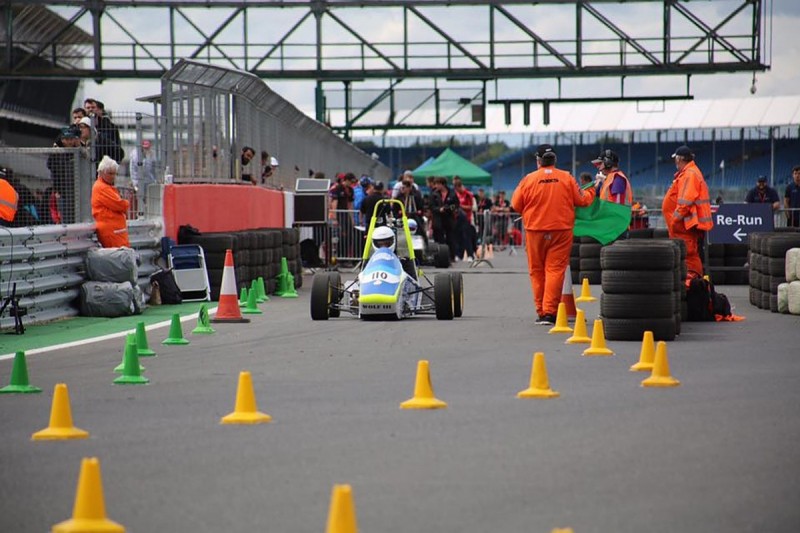
Motorsports programs bridge the gap between theory and application by providing students with a tangible context for their classroom learning. Concepts learned in physics, mathematics, and engineering classes are put into action during the design, construction, and racing phases of these programs.
Students could, for example, utilize aerodynamic principles to increase vehicle performance or mathematical models to maximize fuel efficiency – not only reinforcing classroom concepts but also giving academic studies more purpose and meaning.
Establish a Foundation for Future Careers
Motorsports programs teach skills that go well beyond racing; their benefits extend across various professional fields as well. Industries like auto engineering, aerospace engineering, and technology frequently seek individuals who possess strong STEM knowledge as well as practical problem-solving abilities such as those learned through motorsports programs.
Participation in motorsports programs gives students a competitive edge in the job market by positioning themselves as well-rounded individuals with both theoretical knowledge and practical experience. Employers increasingly recognize applicants who can demonstrate how their skills apply in real-world scenarios – making motorsports programs an attractive feature on resumes.
Motorsports Programs as Inspirers for Future Innovators
Motorsports programs do more than prepare students for specific career paths; they also act as an inspiration for future innovators. The excitement and challenges associated with building and racing vehicles capture students’ imaginations and ignite their interest in STEM fields.
Students seeing their efforts directly affect vehicle performance gain a sense of achievement and become motivated to push beyond perceived limits of what’s possible, inspiring further studies and careers in STEM-based disciplines while contributing towards innovations and solutions in future technologies and solutions development. This intrinsic motivation serves as an unstoppable force driving them towards further study or careers within these areas of research.
Expanding Educational Horizons
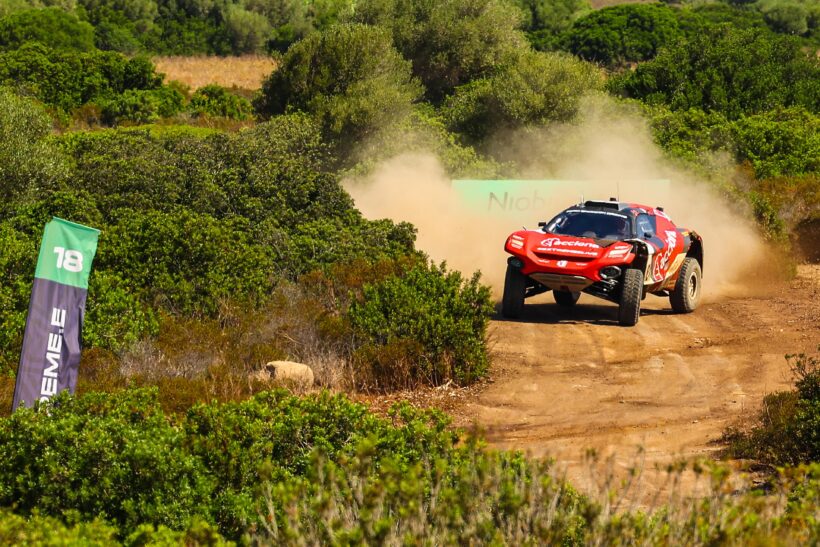
Motorsports programs have the power to transform educational institutions. Through experiential learning programs such as these, motorsports programs create an environment that facilitates greater interaction and dynamic approaches to education.
Institutions that include motorsports programs in their curriculum demonstrate their dedication to equipping their students for the challenges of the 21st century. Not only can such experiences enhance technical abilities, but they can also foster curiosity, creativity, and resilience – essential traits necessary for success in an ever-evolving global landscape.
Motorsports-themed education programs can serve as a vehicle for community engagement. Racing events and competitions allow schools to showcase students’ accomplishments, creating pride and unity within local communities.
Conclusion
Motorsports programs provide an exciting, unique, and effective learning experience. From engine roars on racetracks to students collaborating in workshops, motorsports offer unparalleled educational benefits. Integration of theory with practical application not only equips students for careers in STEM but also develops essential life skills.
Motorsports programs continue to gain in popularity among educators and students, who recognize their transformative power in shaping STEM education for generations. At the intersection of education and racing, a new generation of thinkers, problem solvers, and innovators is emerging, ready to meet tomorrow’s challenges head-on. Education institutions that recognize the value of motorsports programs create an engaging learning experience, setting in motion a future where the journey from classroom to racetrack becomes a positive and enjoyable one.

